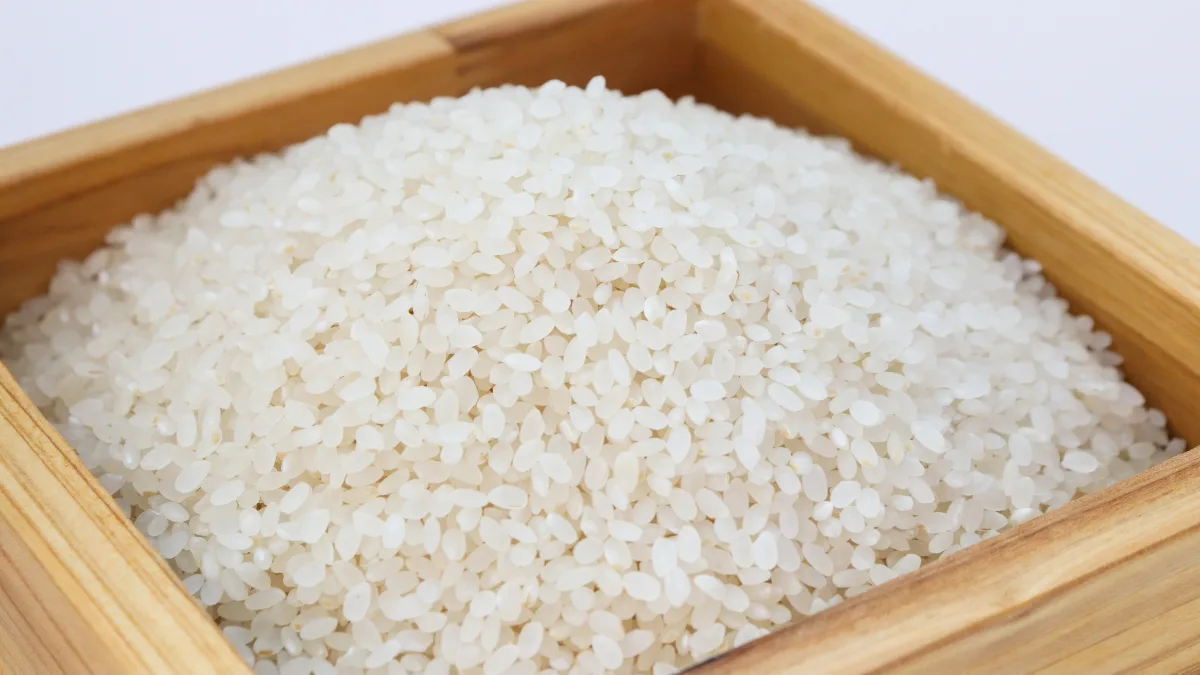Sustainable Practices in Rice Export: Meeting Global Standards
Global demand for sustainable food products is increasing rapidly as consumers and authorities prioritize environmental protection and moral agriculture. Rice, which has a large part of the world, is no exception.
Exports who use sustainable practice not only meet strict global standards, but also provide competitive management in international markets. JK International, a certified rice exporter, is obliged to offer stability in the supply chain of rice from farm to foreign markets.
In this blog, we answer questions related to rice exports and how exporters can match global standards, and benefit from their business and the environment.
What are sustainable practices in rice farming and export?
Sustainable rice cultivation focuses on methods that reduce environmental effects, save natural resources and maintain soil health. This practice includes:
- Water management: Effective irrigation and effective watering techniques such as drying (AWD) reduce water use and methane emissions.
- Integrated pest management (IPM): Use organic insect control methods to reduce chemical pesticides.
- Crop rotation and the soil fertility: to increase soil health with organic fertilizers and rotate crops to prevent nutritional deficiency.
- Reduction in greenhouse gas emissions: Use of agricultural methods that reduce carbon footprints.
- Sustainable packaging and logistics: Use environmentally friendly materials and optimization of transport to reduce emissions during exports.
JK International ensures that rice exports come from the fields of these permanent practices, guarantees quality and environmental responsibility.
How to get sustainability certifications for rice exports?
Certificates act as evidence of compliance with stability standards and increase the reliability of global markets. General certificates for durable rice exports include:
- Organic certification: Ensures that rice is grown without synthetic fertilizers or pesticides.
- Fair Trade certification: ensures moral work practice and fair salary.
- Global g.a.p: Includes good agricultural practices including environmental management.
- Rain Forest Alliance: Biodiversity focuses on protection and sustainable livelihoods.
- ISO 14001: Certification of environmental management for companies.
JK international partners with certified manufacturers and helps exporters navigate the certification process to effectively meet the buyer’s requirements.
Which global standards apply to sustainable rice exports?
Many global standard controls sustainable rice production and exports to ensure food security, quality and environmental protection:
- Codex Alimentarius: International food security standards applied to the export of rice.
- Organic standards for the EU: Rules for the export of organic rice to European markets.
- USDA Organic: Certification for rice exported to the United States during organic labeling.
- Sustainable Rice Platform (SRP) Standard: A broad structure that focuses on stability in rice va;ue chains.
- International Organization for Standardization (ISO) Standards: Including ISO 22000 for food security and ISO 14001 for environmental management.
Compliance with these standards is necessary for exporters to reach large markets, and JK International strictly follows these outlines to maintain its reputation as a reliable exporter.
How can rice exporters reduce their environmental impact?
Exports can use several strategies to reduce environmental footprints in the supply chain:
Supports sustainable agriculture: buying rice from fields that practice water conservation and reduce chemical use.
- Environmentally friendly packaging: Use biodegradable or recycling materials to reduce plastic waste.
- Adaptation logistics: Use energy efficient transport and integrated shipment to cut carbon emissions.
- Waste reduction: Use of waste management and recycling practices in processing and packing units.
- Promote transparency: Adopt the traceability system to monitor the environmental impact of each supply chain phase.
JK International integrates these environmentally conscious methods into the export functions, which help customers meet their stability goals.
What are the benefits of sustainable rice export for businesses?
To use permanent practice in rice exports provides many benefits:
- Market use: Many countries now require certified permanent products and open doors to premium markets.
- Branding Reputations: Stability improves the company’s image and creates consumer trust.
- Cost savings: The subject of resource use and waste reduction, Low production and logistics costs.
- Regulatory Compliance: Proactively meeting environmental regulations avoids penalties and trade barriers.
- Long-term viability: Permanent agriculture supports soil health and water conservation, and ensures future supply.
JK International’s commitment to stability ensures these benefits for customers, strengthening its position in competing global markets.
Where to find reliable rice export services with sustainable practices?
It is important for those who find reliable partners who prefer stability. JK International stands out as a certified rice exporter, with a proven merit list of high quality distribution, constant citrus globally. His services include:
- Helps with certification and compliance.
- Offers customized logistics solutions.
- Ensure strict quality control in the supply chain.
- Offers transparent traceability from farm to customer.
Partnership with JK International means matching a responsible exporter dedicated to environmental management and commercial skill.
Conclusion
Stability in rice exports is no longer optional-it is a requirement for future prepared businesses. By using environmentally friendly agricultural practices, obtaining relevant certificates and optimizing the supply chain, exporters can fulfill global standards and satisfy a rapidly fulfilling market.
JK International gives these values as a certified rice exporter, which provides end-to-end sustainable export solutions to help customers internationally.
- Categories:
- All

